The Associated Press
VANCOUVER, British Columbia — Evan Lysacek brought down the champion.
Lysacek became the first U.S. man to win the Olympic gold medal since Brian Boitano in 1988, shocking everyone — maybe even himself — by upsetting defending champion Evgeni Plushenko on Thursday night. Plushenko came out of retirement with the sole purpose of making a little history of his own with a second straight gold medal.
Plushenko, the last to skate, held up both index fingers when he finished, as if to say, ”Was there ever any question?” As it turned out, yes.
And it wasn’t really that close.
When Plushenko’s scores were posted, someone in the arena screamed out, ”Evan Lysacek has won the gold!” Backstage, surrounded by longtime coach Frank Carroll and pairs gold medalists Shen Xue and Zhao Hongbo, Lysacek threw back his head in disbelief and utter elation.
Lysacek, the reigning world champion, finished with a career-best 257.67, 1.31 ahead of the Russian. Daisuke Takahashi won the bronze, the first Japanese man to win a figure skating medal at the Olympic Games.
Lysacek was the first of the big guns to skate in the last group, and he played it safe for the first three minutes of his 4½-minute program. He had long decided against doing a quad, not wanting to risk further damage to the left foot he’d broken last spring. But everything he did was technically perfect. His jumps were done with the control and dependability of a fine Swiss timepiece, and his spins were so well-centered you could see the tight little circle of his tracings clear across the ice.
He didn’t skate with all his usual flair and charisma. But when he landed his last jump, a double axel, Lysacek let loose. His face was so expressive budding actors should take note, and he fixed the judges with a kingly glare during his circular steps. Fans were roaring as he finished his final spin.
The last note of his music was still fading when Lysacek pumped his fists and screamed, ”Yes! Yes! Yes! Yes!” He clapped his hands and skated to center ice, throwing his arms out wide to the crowd and blowing kisses. He put his arm around Carroll, who had yet to coach a gold medalist despite a list of past and present skaters that reads like a Who’s Who on Ice.
”It was definitely my best, and that’s what I came here to do,” Lysacek said.
Plushenko skated with his usual flair and dramatics, drawing laughs from the crowd with his saucy, seductive tango. No one loves the limelight quite like Plushenko, and he was in his element. He preened, posed and skated as if certain another gold medal was his.
But Plushenko was just a teeny bit off. He needed the instincts of a cat to pull off more than one landing and, while he did it, the funky landings cost him the big bonus points that are the difference between silver and gold. His spins weren’t quite as good as Lysacek’s, either, and he got fewer points for one of his sections of footwork.
Much had been made of Plushenko’s transition scores, the mark given for the steps connecting the elements. But that didn’t cost him the gold medal. Lysacek edged Plushenko on the technical mark, which Plushenko has owned for most of his career.
Copy the Story LinkSend questions/comments to the editors.

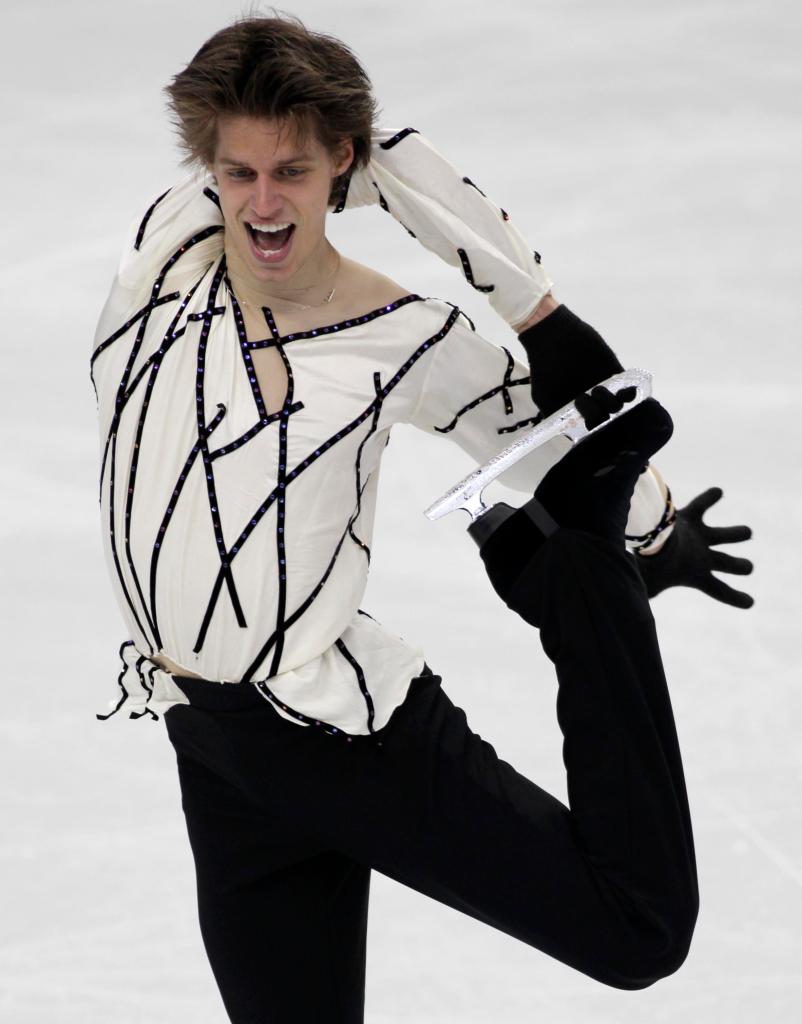
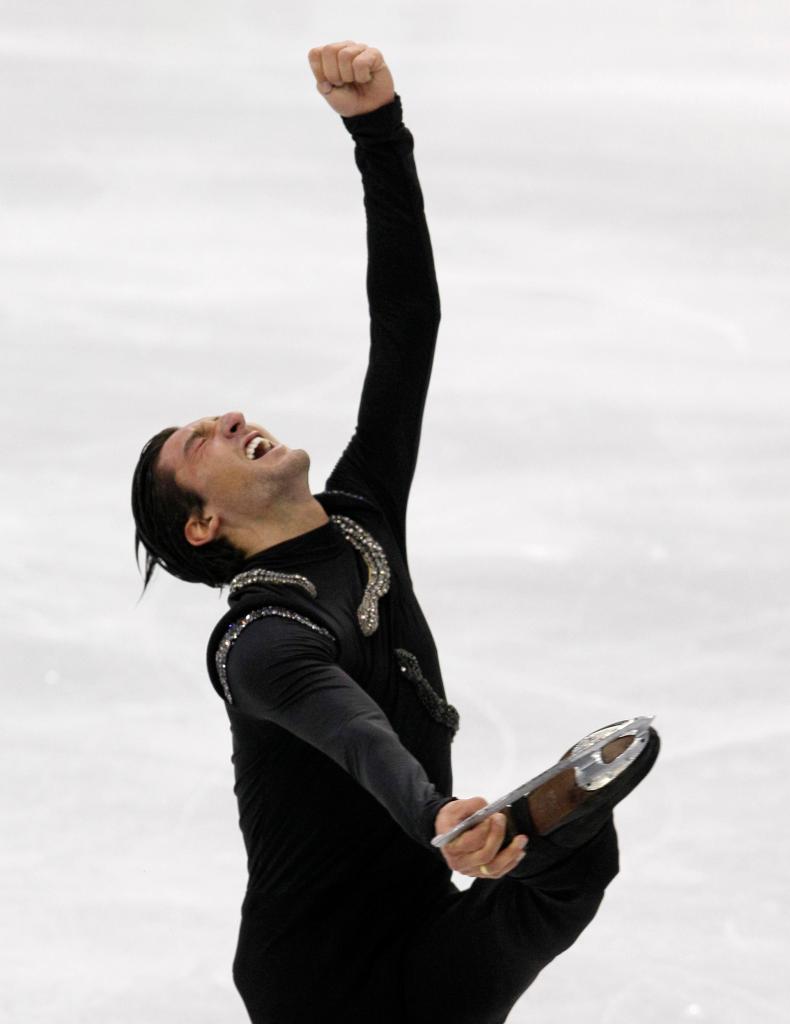
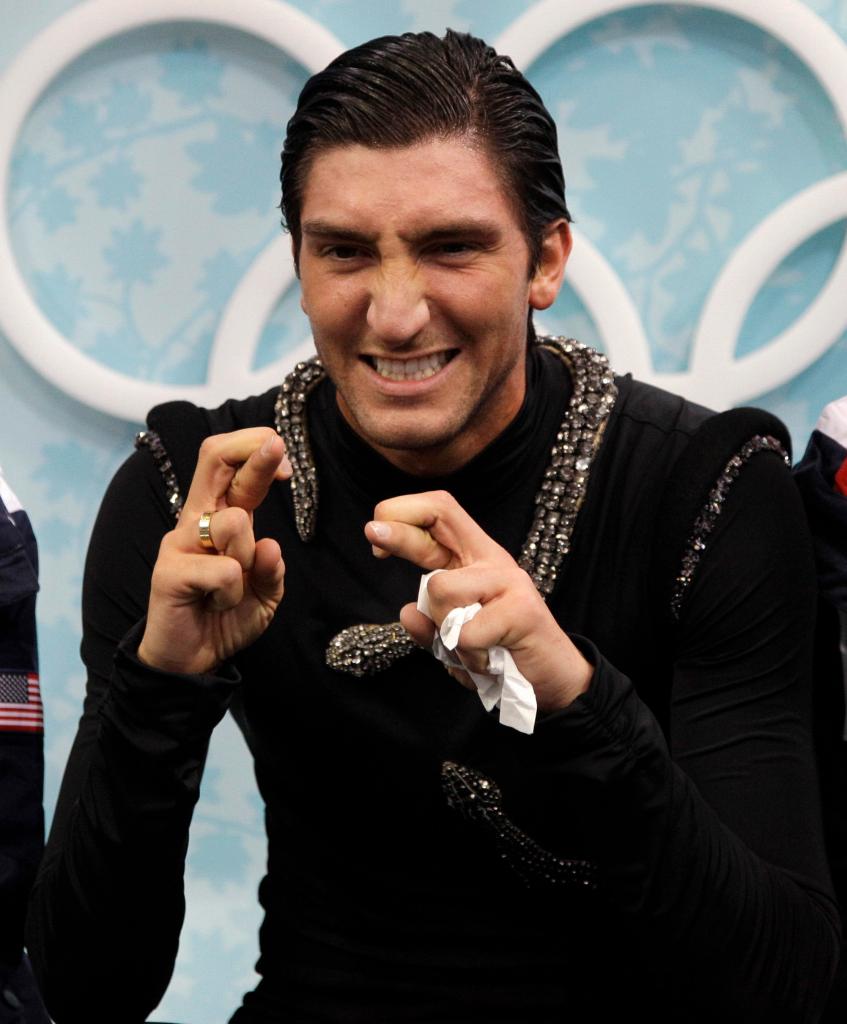
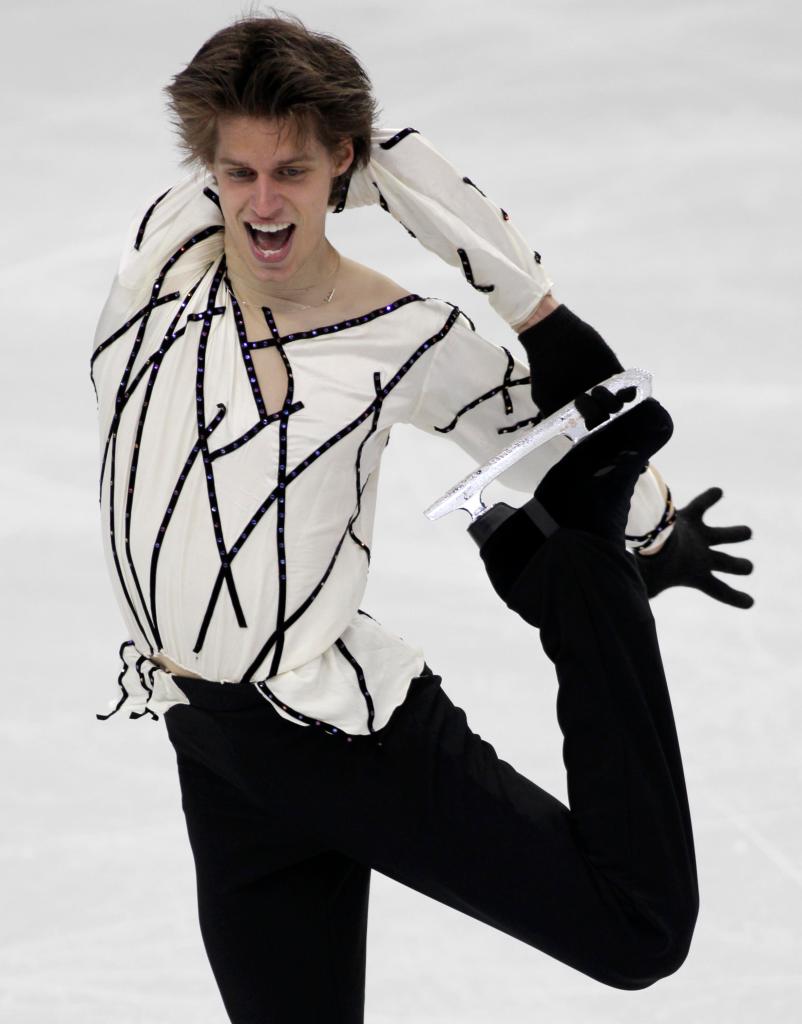
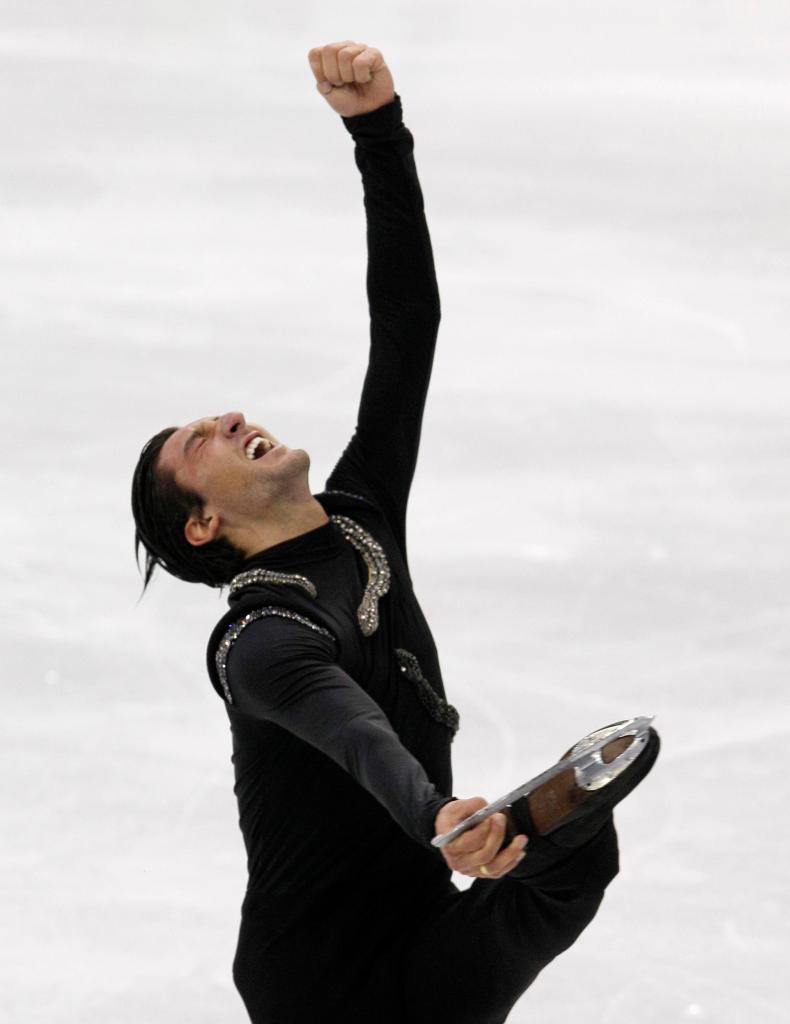
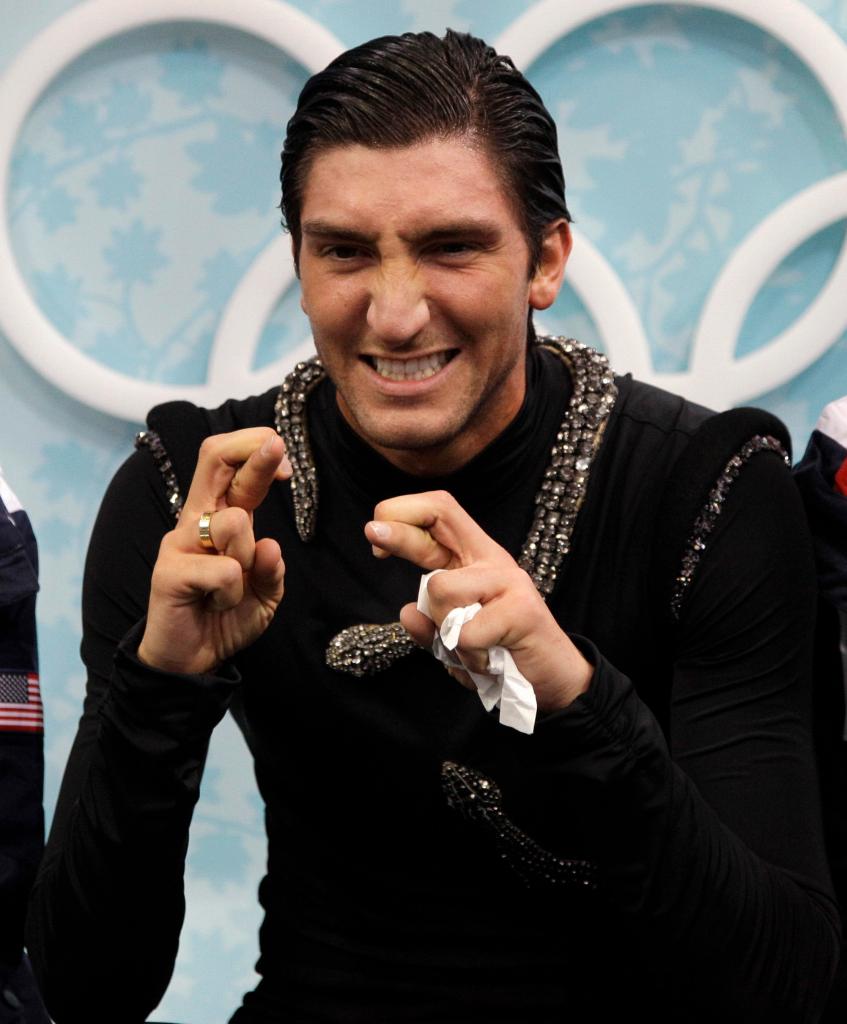
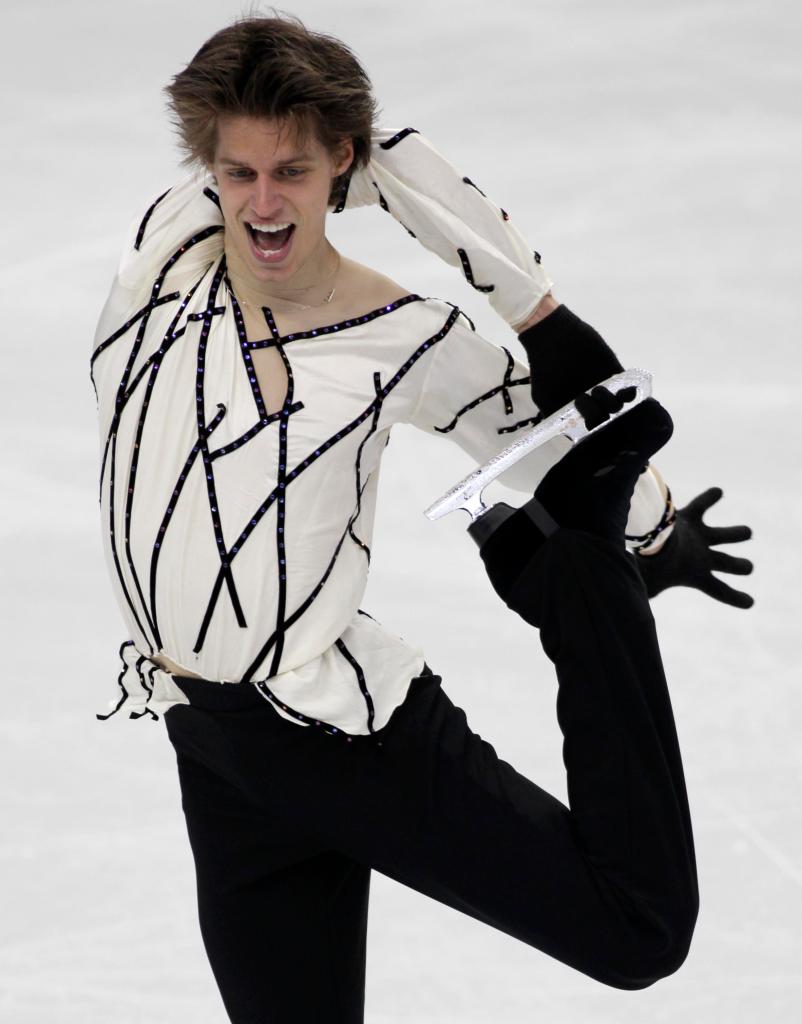
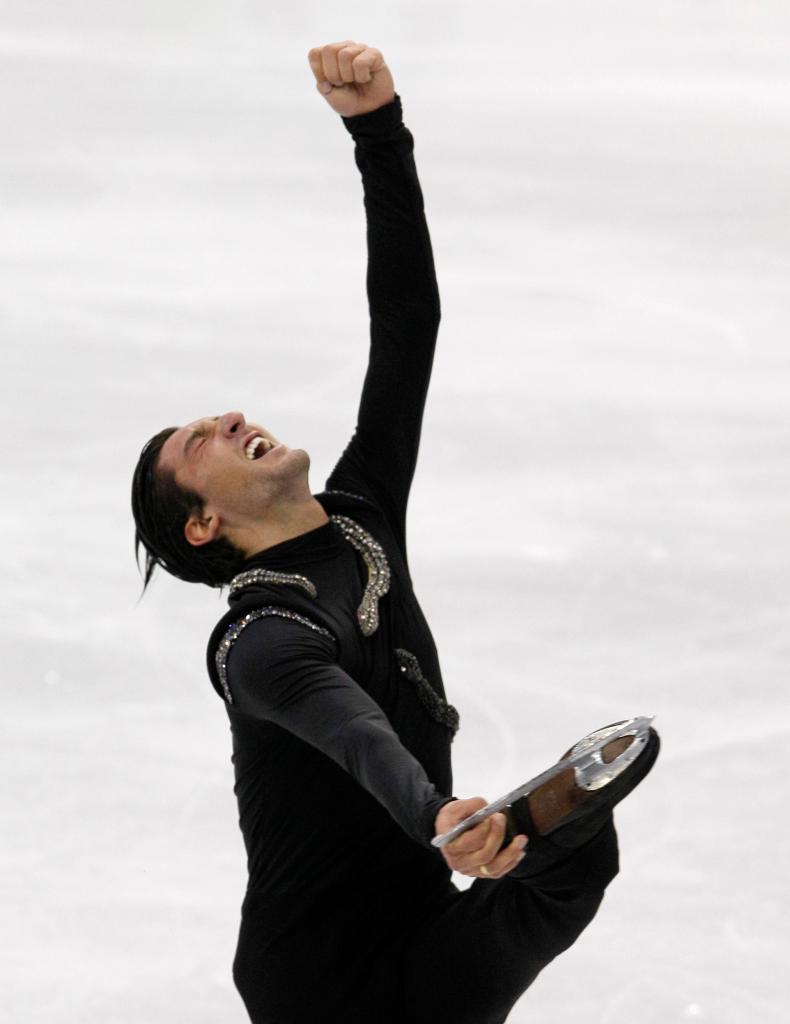
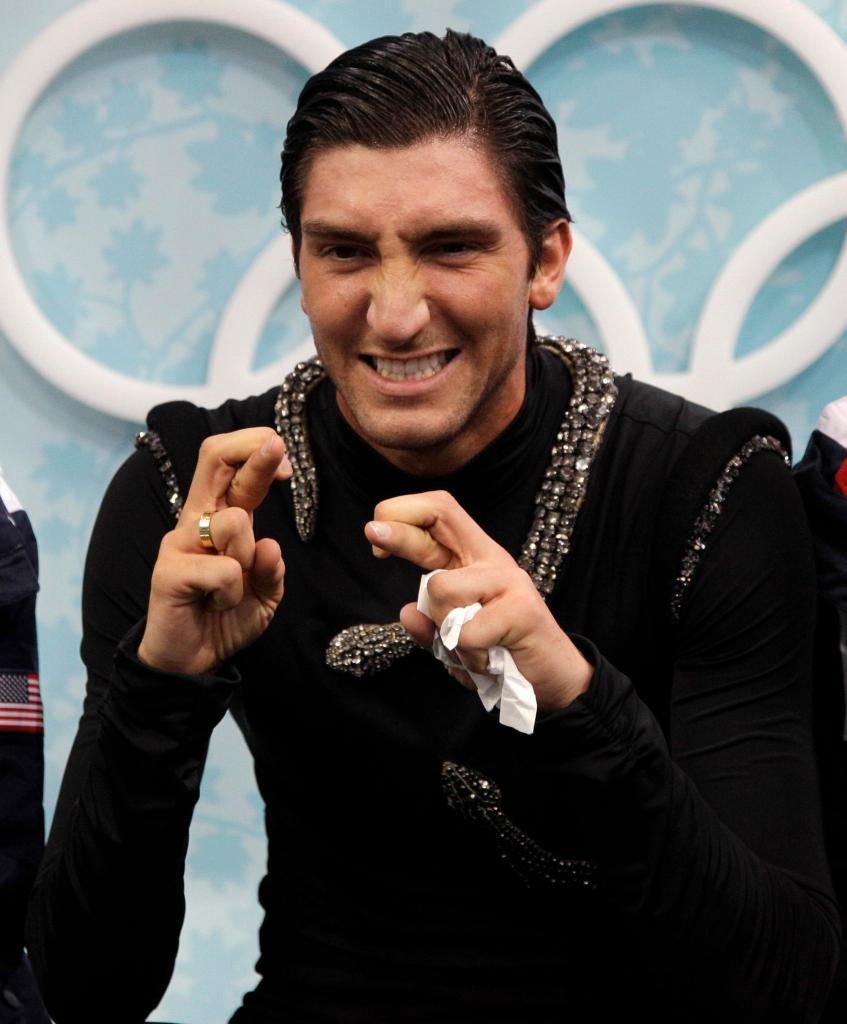

Success. Please wait for the page to reload. If the page does not reload within 5 seconds, please refresh the page.
Enter your email and password to access comments.
Hi, to comment on stories you must . This profile is in addition to your subscription and website login.
Already have a commenting profile? .
Invalid username/password.
Please check your email to confirm and complete your registration.
Only subscribers are eligible to post comments. Please subscribe or login first for digital access. Here’s why.
Use the form below to reset your password. When you've submitted your account email, we will send an email with a reset code.